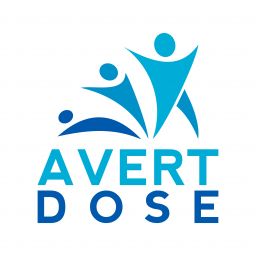
CASPER: Colchicine After Stroke to Prevent Event Recurrence
Chief Investigator A: Prof. Anthony Keech, NHMRC Clinical Trial Centre
Chief Investigator C: A/Prof. Sanjay Patel, NHMRC Clinical Trial Centre
Inflammation is a key driver of arterial plaque rupture and clot formation in the vessels leading to stroke and heart attack. Patients who survive a stroke remain at increased risk of further vascular events, in part due to ongoing arterial inflammation. Therefore, therapies that specifically target inflammatory cytokines might reduce recurrent events. In the landmark CANTOS study, a therapeutic monoclonal antibody targeting interleukin-1β significantly reduced major adverse cardiovascular events in high risk patients with persistently elevated C-reactive protein (CRP), with a suggestion of a potential 30% reduction in stroke. Canakinumab is expensive and associated with a significant increase in fatal sepsis. In contrast, low dose colchicine is a safe and well tolerated drug widely used in non-vascular inflammatory disorders. Our meta-analysis of stroke prevention with Colchicine estimated a 63% reduction in first or recurrent stroke and COLCOT recently reported a significant 76% reduction in stroke (p=0.002). Therefore, colchicine represents a cheap, safe alternative that may be of particular benefit in high risk post-stroke patients with persistent inflammation.
We have shown in pilot studies that oral colchicine has striking anti-inflammatory and plaque stabilising properties in patients with vascular disease, already on optimal medical therapy. We found that “single shot” colchicine markedly suppresses monocyte inflammasome activation, while longer term oral colchicine therapy in patients post-ACS has demonstrated plaque stabilisation, with a parallel reduction in CRP. Our pilot data also demonstrates that colchicine is very well tolerated in a secondary prevention population, with no important drug interactions identified. We will conduct a multi-centre randomised controlled trial, testing the effects of colchicine in addition to optimal medical therapy to reduce stroke morbidity and mortality in persistently high hs-CRP patients after a stroke event.





